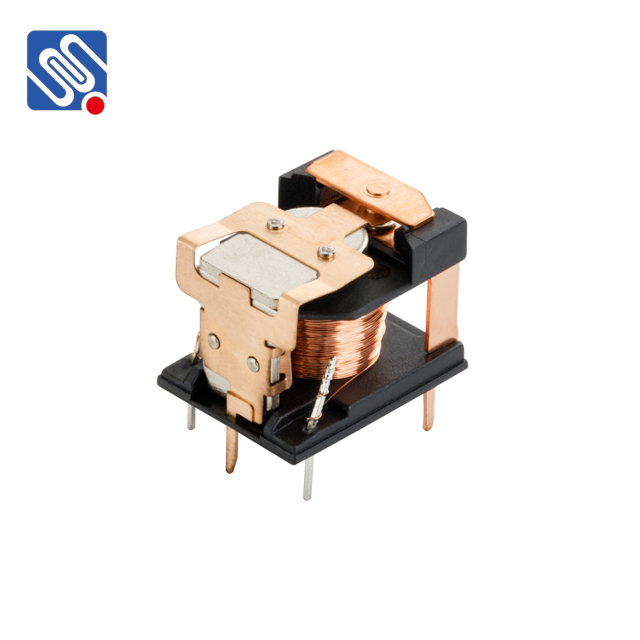When designing electrical systems, selecting the appropriate relay is crucial for ensuring reliability, safety, and efficiency. A relay is an electrically operated switch used to control circuits by opening and closing contacts. Its primary function is to enable low-power signals to control higher-power circuits. With the wide range of relays available in the market, it’s important to conduct a relay comparison to make the best choice based on specific application needs. This article discusses the key factors to consider when comparing relays, including electrical performance, response time, load capacity, durability, and more.

1. Electrical Performance One of the most critical factors in relay comparison is electrical performance. Different relays are designed to handle different levels of voltage and current. When selecting a relay, it’s essential to consider the voltage and current ratings of both the relay and the circuit it will control. The relay must be able to handle the maximum voltage and current of the load without overheating or failing. For example, in a motor control application, a relay with a higher current rating would be necessary to handle the startup inrush current of the motor. 2. Response Time
Leave a Reply
You must be logged in to post a comment.